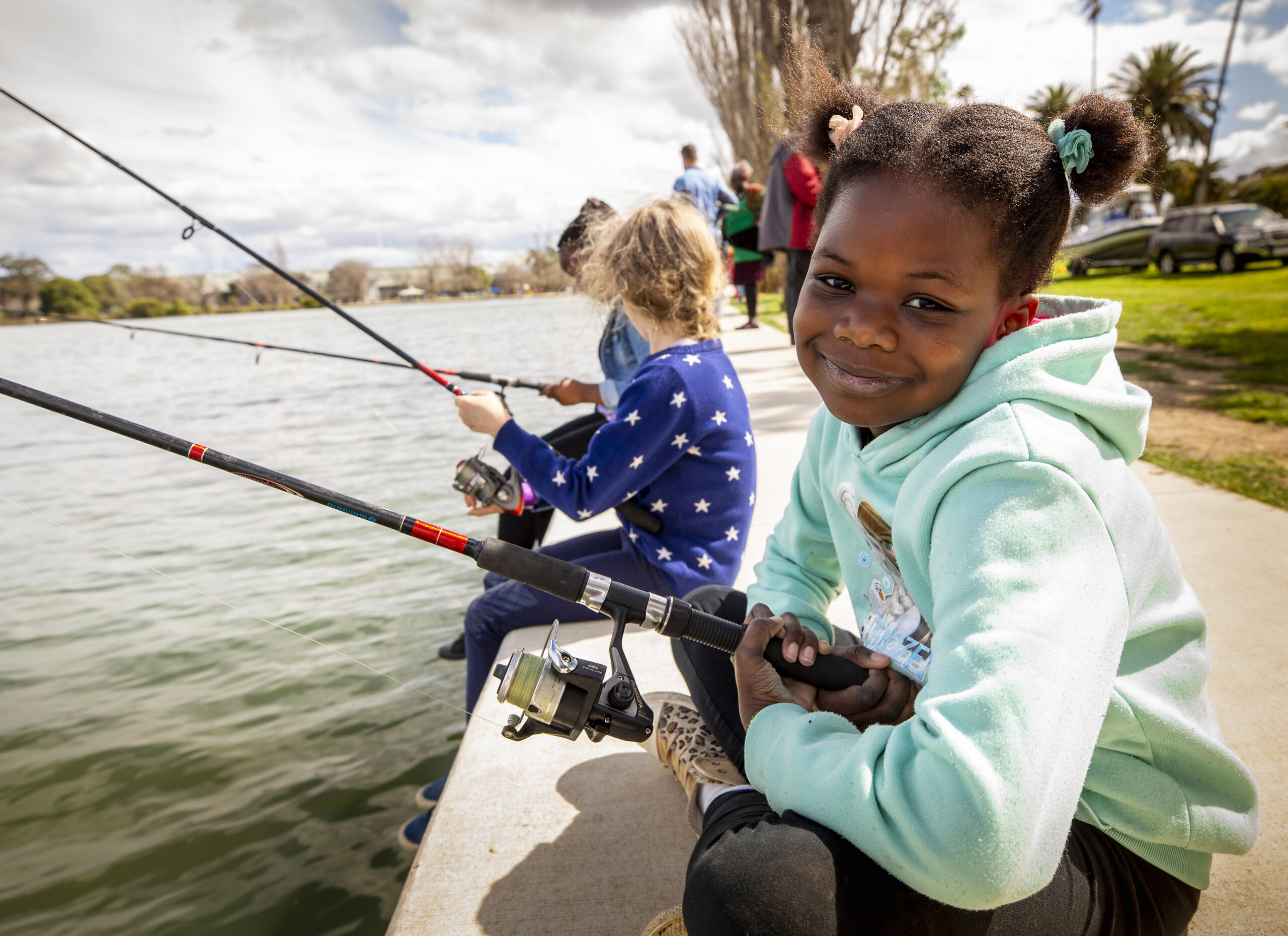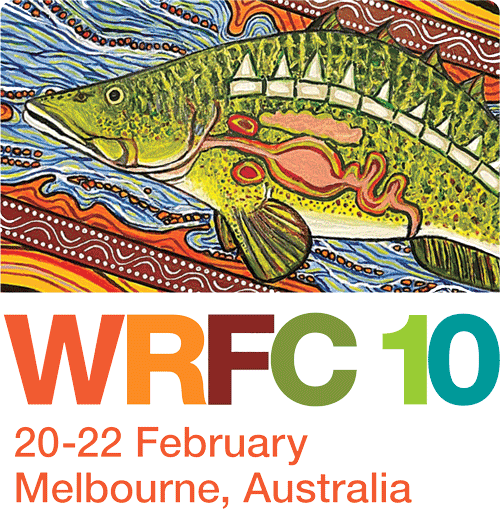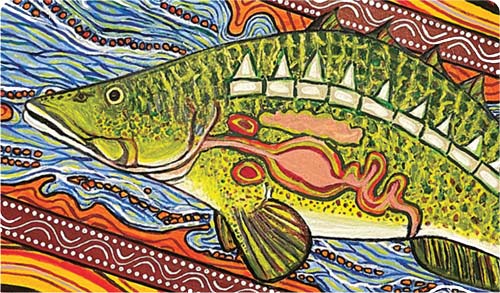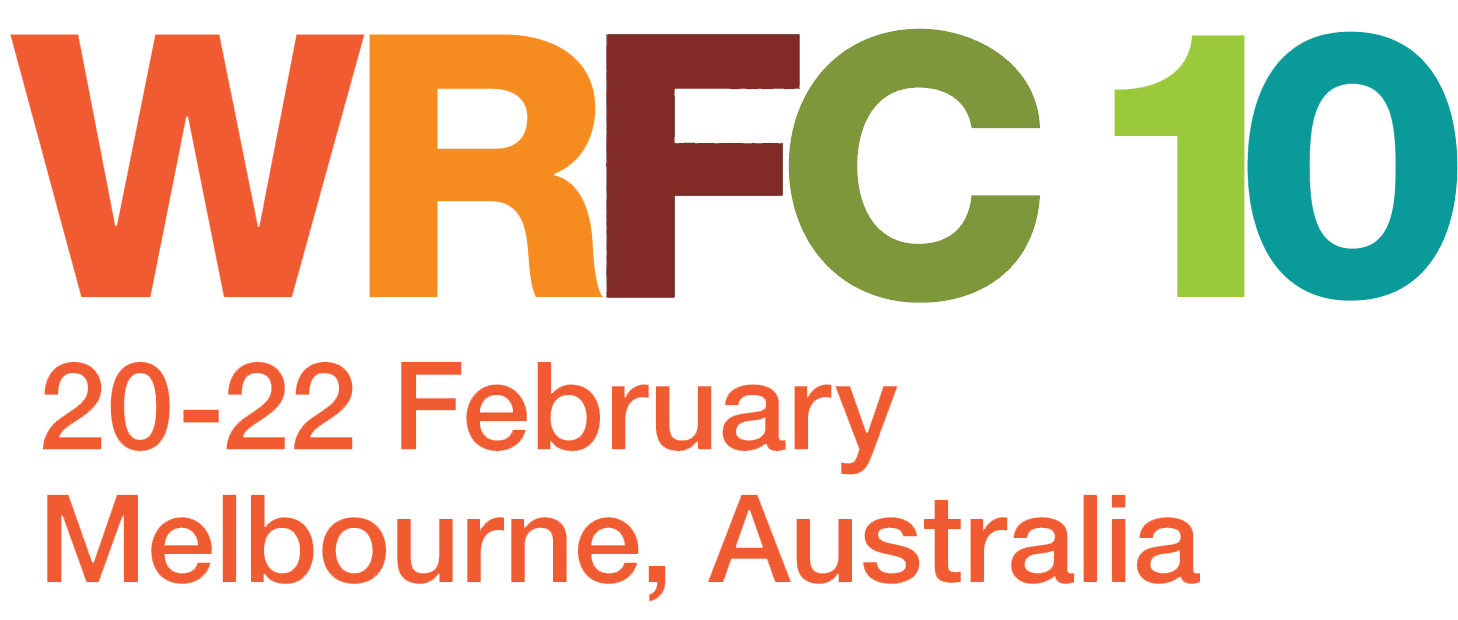Keeping pace in a dynamic and challenging world with changing fisheries
- Climate change impacts and adaptation measures
- Harnessing recreational fishing stewardship, leadership, and advocacy
- Resource monitoring, data acquisition, assessment and adaptive management
- Technology use in citizen science and engagement
- Fostering community support and tourism in an increasingly urbanised and nature disconnected world
- Effectiveness of fisheries management interventions
- First nations peoples-interactions with recreational fisheries and opportunities
- Resource sharing – meeting the needs of recreational, commercial, subsistence and indigenous stakeholders and rights holders
- Catch-and-release fishing and the intersection between fishing, fisher behaviours and community attitudes
- Recreational fishing participation and diversity, promotion and education
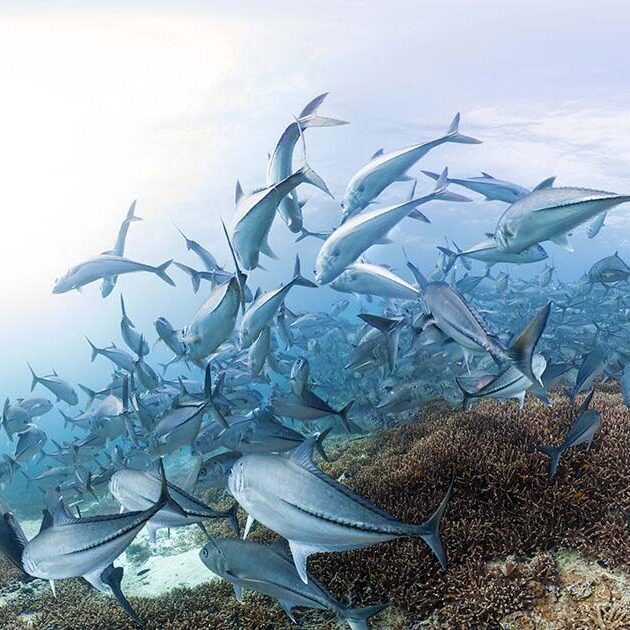
CLIMATE CHANGE IMPACTS AND ADAPTATION MEASURES
Anthropogenic climate change is inducing rapid shifts in our aquatic environments due to shifts in long-term temperature averages, rainfall patterns and advancement of snow melt, and an increase in the frequency and magnitude of extreme events like heatwaves, bushfires, floods, and storms. These environmental changes are causing shifts in the distribution, abundance and size of many recreational fish species, and adding a new dimension to the way that recreational fisheries are managed. This theme will document the impacts of rapid climatic change on wild and stocked fisheries, and explore adaptation and mitigation measures to increase fisheries resilience and modify fisher behaviour. It will identify new fisheries opportunities caused by climate change and investigate how these can be harnessed. This theme will also explore how climate change effects have and can continue to be better integrated into traditional recreational fisheries management.
HARNESSING RECREATIONAL FISHING STEWARDSHIP, LEADERSHIP, AND ADVOCACY
Recreational anglers are integral to their fisheries and play a valuable role in driving positive change in policy, management and behaviours. In addition they are also (or have the capacity to be) keen stewards of their environment and have been involved in grassroots projects to develop habitat structure, revegetate streamside and restore degraded systems. This theme will explore how angler stewardship, leadership and advocacy has driven change in how we perceive and manage recreational fisheries, and how this can be further harnessed through capacity and capability building.
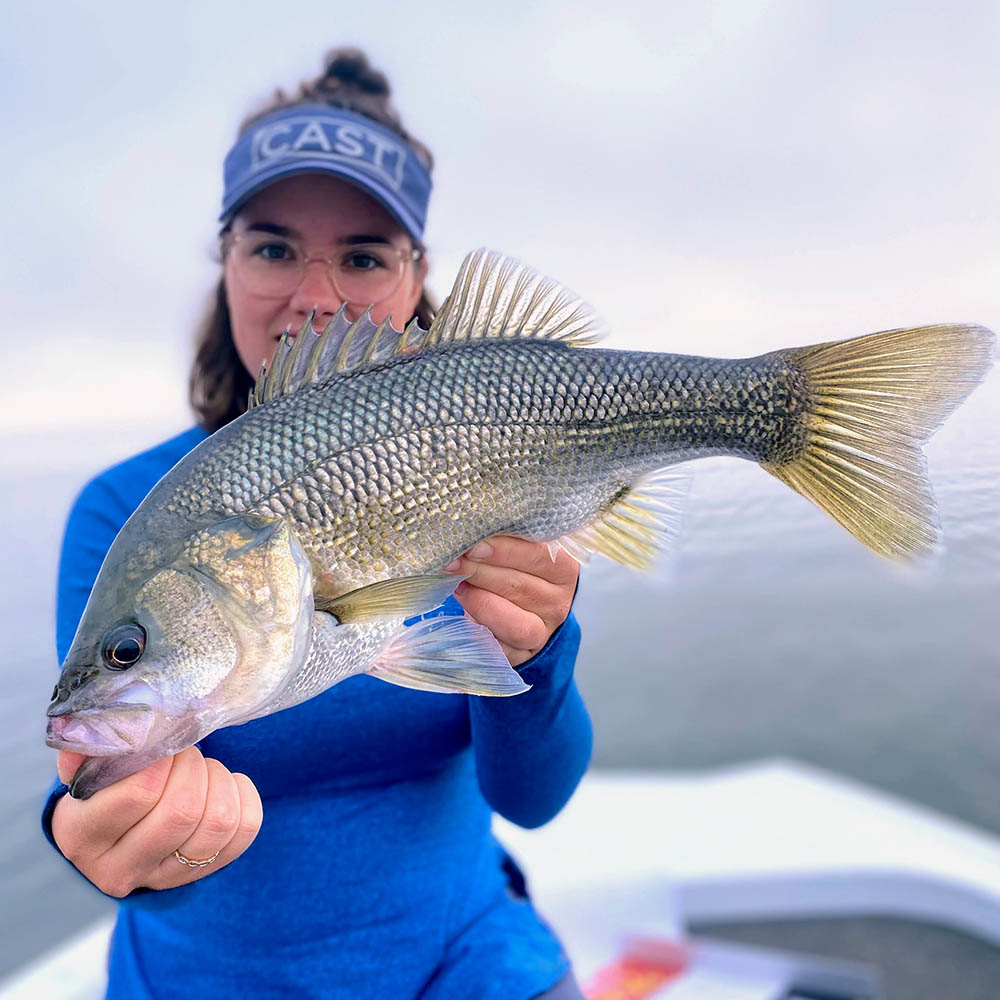
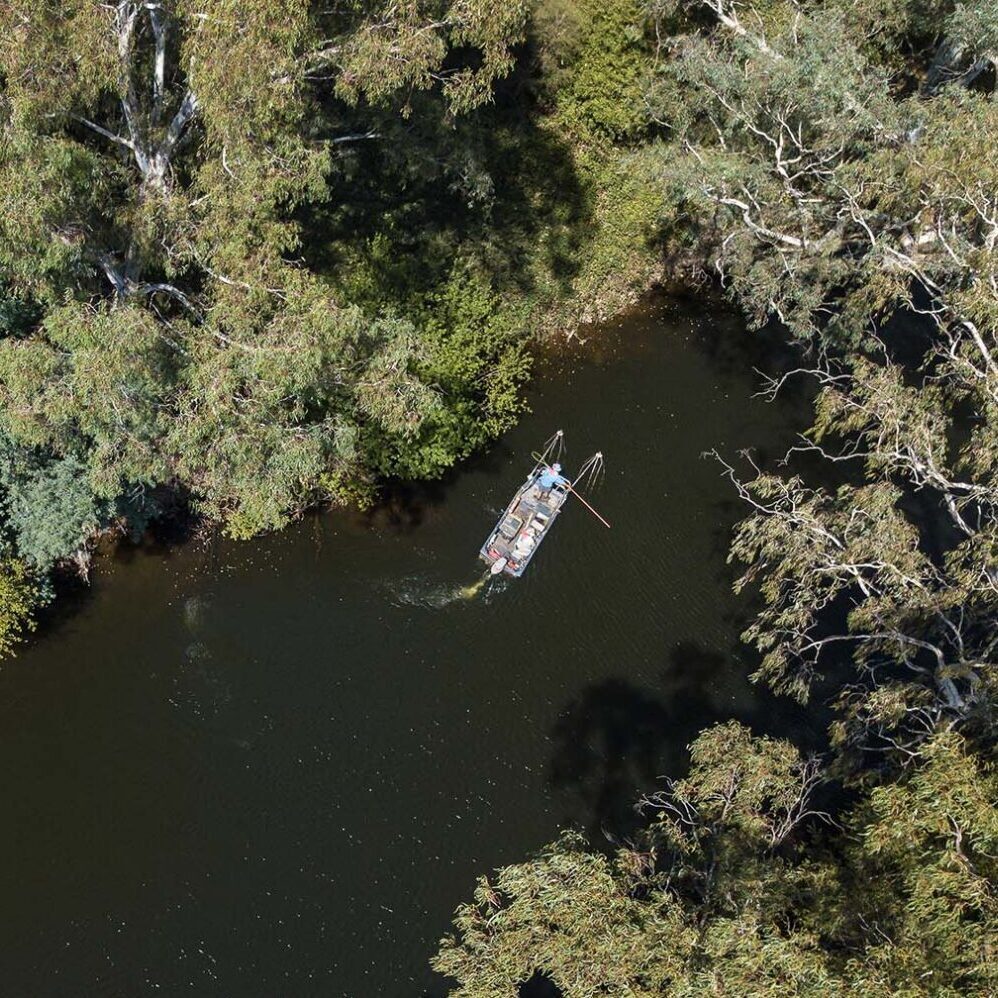
RESOURCE MONITORING, DATA ACQUISITION, ASSESSMENT AND ADAPTIVE MANAGEMENT
Sound and sustainable fisheries management is based on the objective analysis of biological, economic and social data and taking into account stakeholder behaviour, norms and values. The lack of reliable data and limited resources for monitoring in many of the world’s recreational fisheries does, however, pose a challenge to fisheries management. This theme will explore how we can adequately monitor recreational fisheries, with a focus on novel methods of data acquisition and stock assessment. Further, it will highlight how resource assessments can be used to adaptively manage recreational fisheries and improve their long-term sustainability.
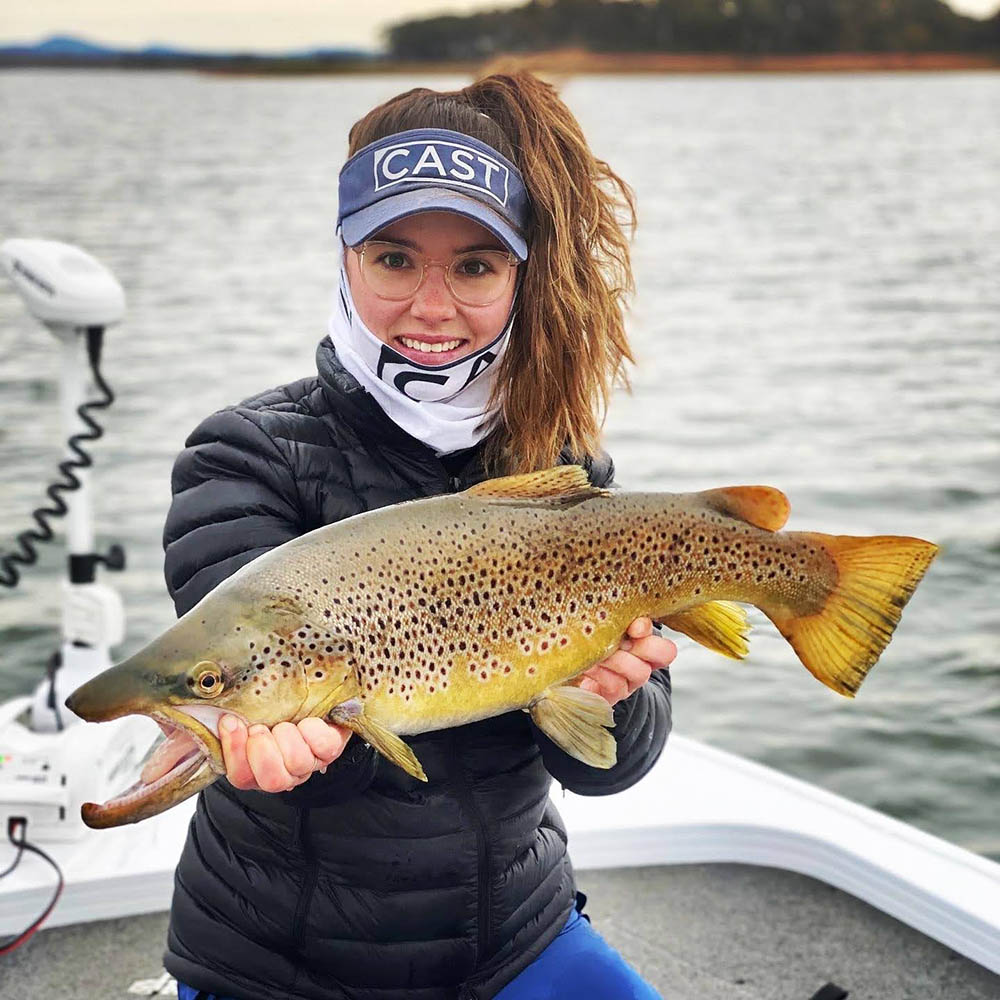
TECHNOLOGY USE IN CITIZEN SCIENCE AND ENGAGEMENT
Recreational fisheries are numerous and diverse, and their management can often occur in a data-poor environment. Technology such as smartphones, apps, drones and cameras can provide powerful and unprecedented opportunities to improve existing data collection programs and engage anglers through citizen science programs. Angler diary smartphone ‘apps’ are now being used worldwide and show promise as a cost effective, standardized and engaging method of collecting valuable recreational fishing catch and effort data. This theme will explore the use, opportunities and challenges with angler apps and other technologies as well as social media to engage anglers through data sharing and citizen science.
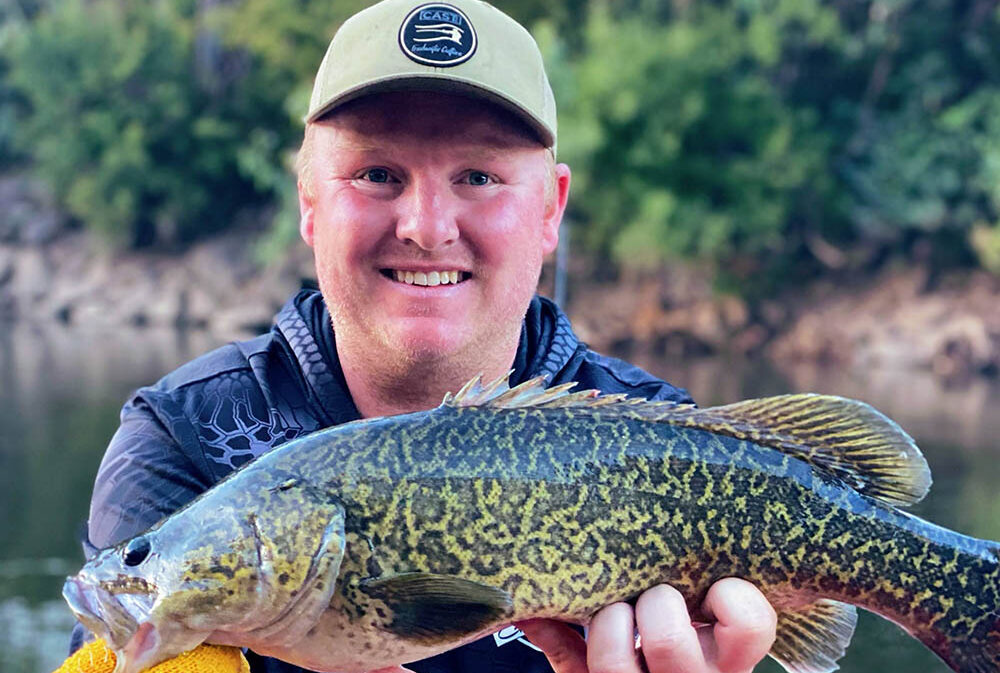
FOSTERING COMMUNITY SUPPORT AND TOURISM IN AN INCREASINGLY URBANISED AND NATURE DISCONNECTED WORLD
The social wellbeing and economic benefits of fishing are well known. Fishing offers people an opportunity to engage with and experience nature and travel. However, recreational fishing has, however, been challenged to develop and protect its social licence (or community support) due to the increasing disconnect between people and nature and concerns over the treatment of animals. This theme will illustrate successful examples of fisheries developing their social licence to address broader community concerns, and how fishing has underpinned or contributed to regional tourism. The session will also reflect on the lessons of unsuccessful endeavours to improve practices in an increasingly socially and economically challenging world.
EFFECTIVENESS OF FISHERIES MANAGEMENT INTERVENTIONS
Fisheries managers often employ a range of interventions to improve fishery quality or sustainability. Interventions include stocking, habitat restoration or creation, education and promoting behavioural change, and regulations (including bag, size and slot limits). Whilst all make intuitive sense, key questions remain as to whether they actually deliver on assumed outcomes or developed objectives and translate into compliance results and better fisheries. This session will discuss the range of management interventions available to managers and associated stakeholder responses to interventions. Through the assessment of monitoring programs and the dissection of case studies, this session will focus on an evidence-based assessment of the efficacy of interventions in improving recreational fisheries and other environmental values, as well as intervention related economic, social, cultural, and environmental costs and benefits. It will also include evidence syntheses (e.g., systematic reviews, meta-analysis) that test the effectiveness of various interventions.
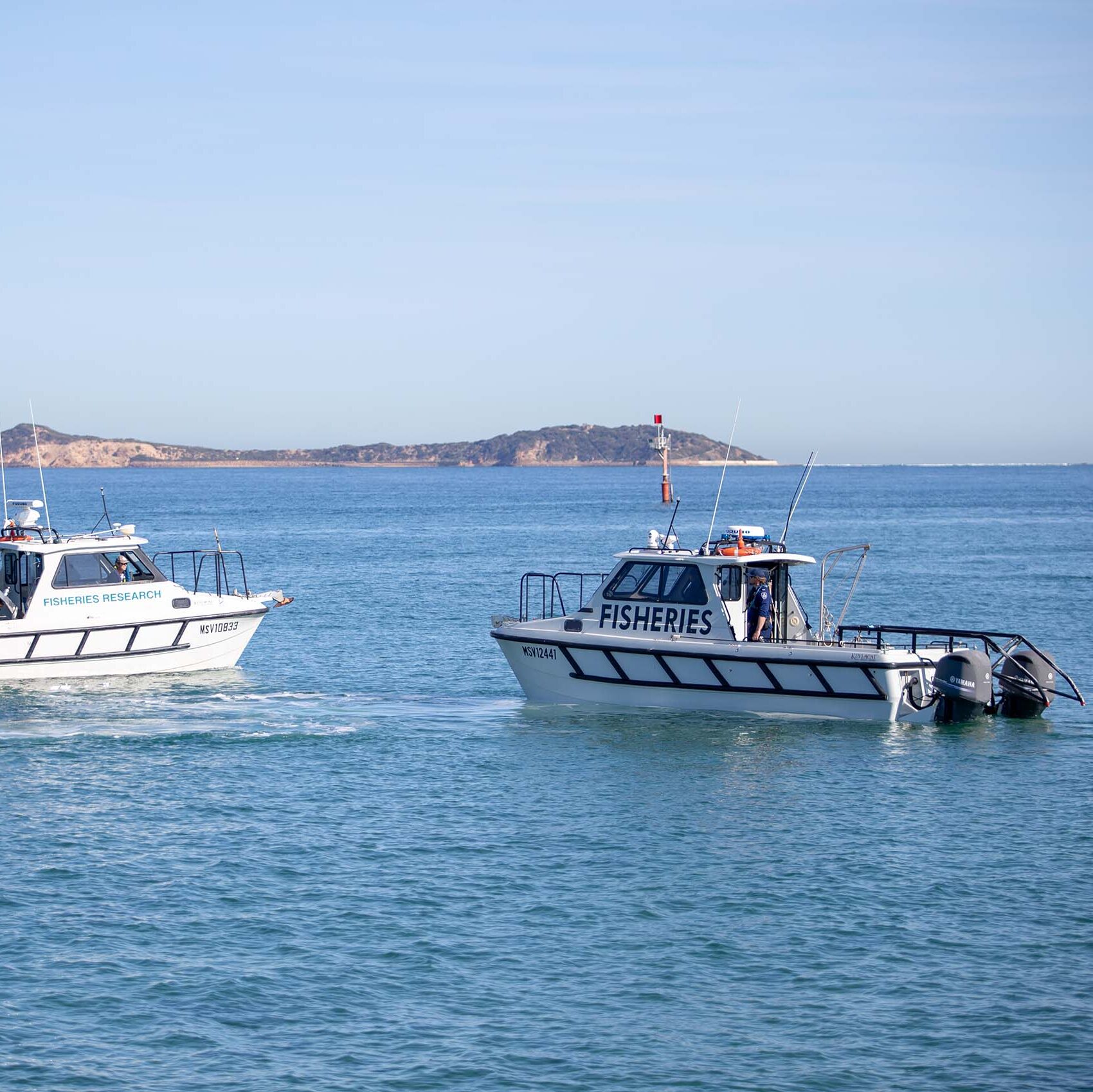
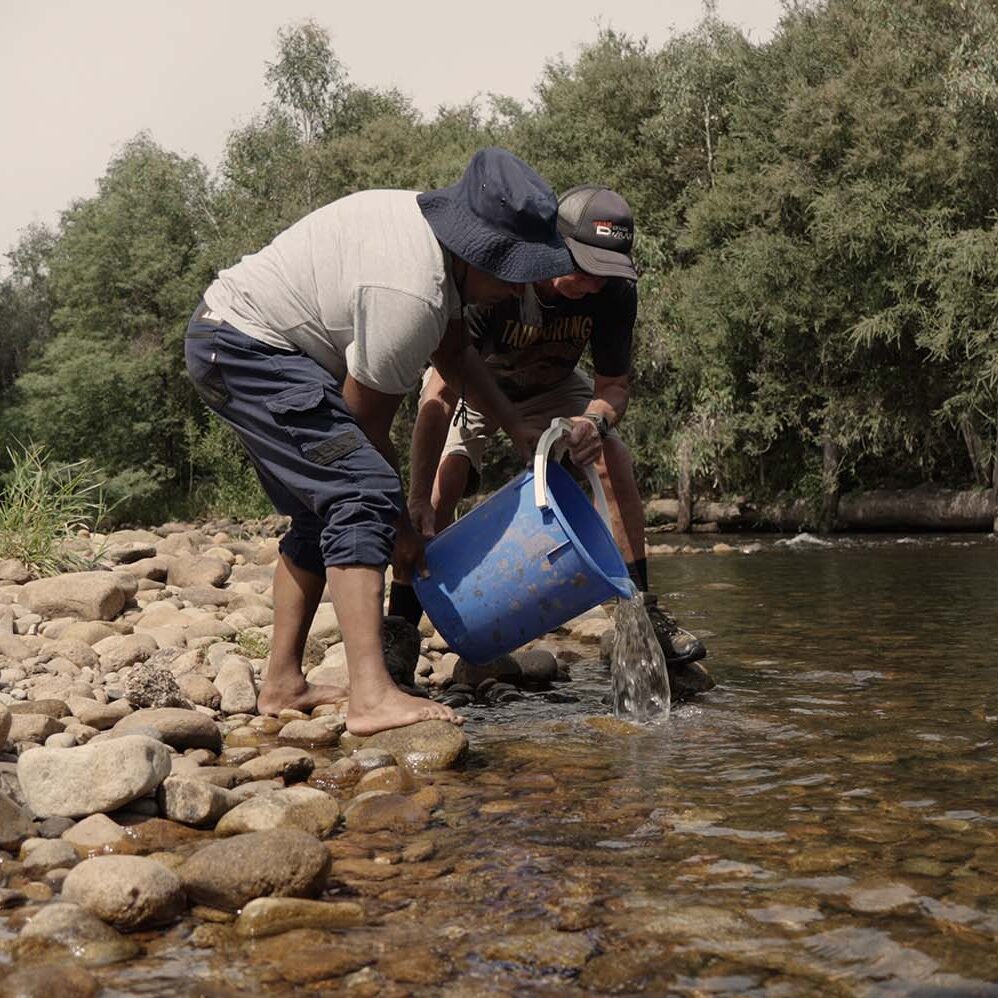
FIRST NATIONS PEOPLES – INTERACTIONS WITH RECREATIONAL FISHERIES AND OPPORTUNITIES
The complex direct and indirect impact of other fisheries users, including recreational fisheries, on Indigenous fisheries is yet to be addressed in the pursuit of holistic fisheries management in Australia and many other jurisdictions. The recognition of Indigenous rights to fishing by managers and other stakeholders provides an opportunity to achieve a better approach to achieving the integration of cultural knowledge in assessment and decision making. This integrated decision making may ensure sustainability of fisheries more broadly. This theme will investigate best practice management and engagement approaches that maximise opportunities and wherever possible produce positive outcomes for all stakeholder and rights holders.
RESOURCE SHARING – MEETING THE NEEDS OF RECREATIONAL, COMMERCIAL, SUBSISTENCE AND INDIGENOUS STAKEHOLDERS AND RIGHTS HOLDERS
Wild fish populations have long sustained culturally, socially and economically important fisheries. Whilst recreational, commercial, subsistence and indigenous stakeholders are invested in ensuring the persistence of fish stocks, their motivations and needs can differ. Fisheries managers are increasingly challenged to responsibly allocate and share finite fisheries resources in an increasingly complex environment of competing stakeholder demands, climate change and other anthropogenic impacts. This session will explore how fisheries resources are currently allocated, shared and managed among the various stakeholders, and how this process can be improved to increase transparency, equity and fisheries sustainability, while balancing user needs and aspirations.
 |
This theme is sponsored by the Department of Primary Industries and Regions, South Australia. |
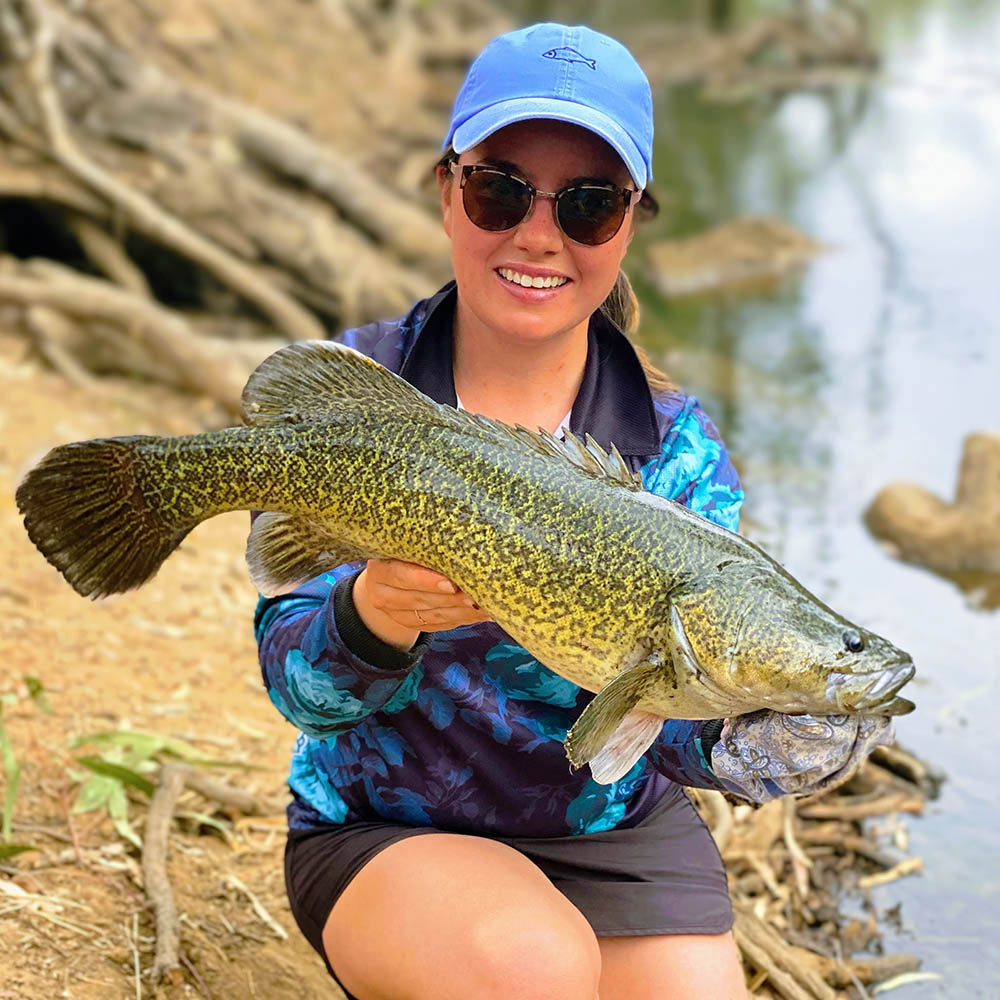
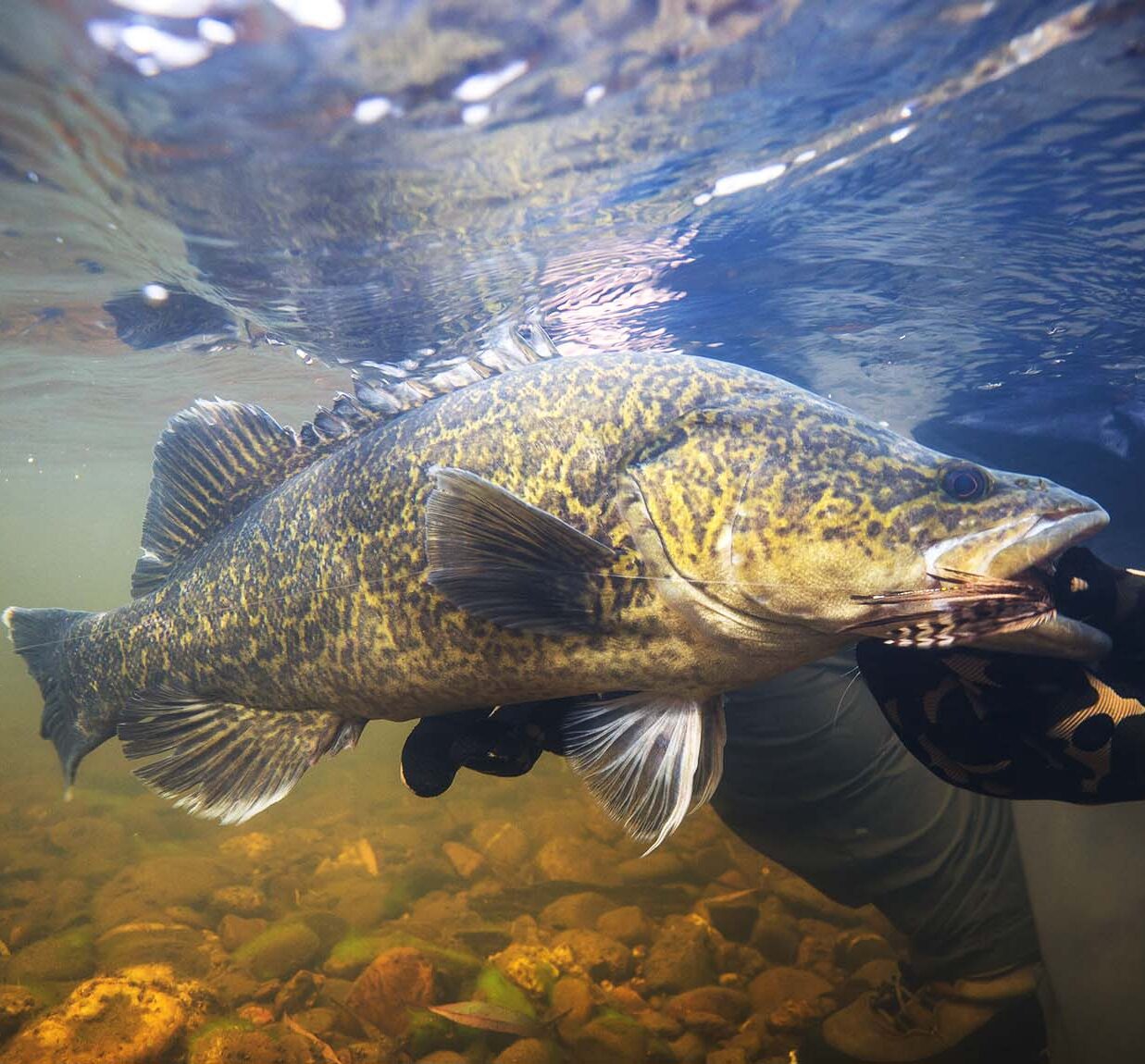
CATCH-AND-RELEASE FISHING AND THE INTERSECTION BETWEEN FISHING, FISHER BEHAVIOURS AND COMMUNITY ATTITUDES
Catch-and-release is a growing trend amongst anglers worldwide who are motivated by, for example, the desire to reduce their impact, and their belief that released fish have high survival rates. The process of catching does, however, induce physiological stress and physical damage to fish. It can also result in altered fish behaviours as individuals become more wary of subsequent capture. Yet, how individual anglers interact with fish (e.g., gear choices) can ultimately influence the fate of released fish. Many fishers and many specific fisheries are still driven by catch and eat fishing, and where sustainably managed this remains a very important component of recreational fishing generally. This session will explore the benefits and impacts of catch-and-release fishing on fish and anglers, including a focus on shifting community attitudes towards fishing and best-practice guidelines.
RECREATIONAL FISHING PARTICIPATION AND DIVERSITY, PROMOTION AND EDUCATION
Participation and diversity in recreational fishing provides essential political and resourcing support for the fishing industry. Some studies suggest that recreational fishing participation is decreasing across the industrialised world, yet significant efforts are underway in many countries to drive increased participation, diversity, inclusivity and decrease barriers to recreational fishing, particularly for women, families, all-abilities and culturally diverse groups such as immigrants. This theme will explore strategies being used to maintain and grow interest in recreational fishing through angler engagement and education programs targeted at different sectors of the community, challenging community attitudes and preconceptions, and breaking down the barriers to participation. This theme will also seek to gain an understanding of diversity in participation which is critical to facilitating our understanding of fisher behaviour, efficacy of fisheries management interventions and engagement with fishers, and analysing fisheries data.
